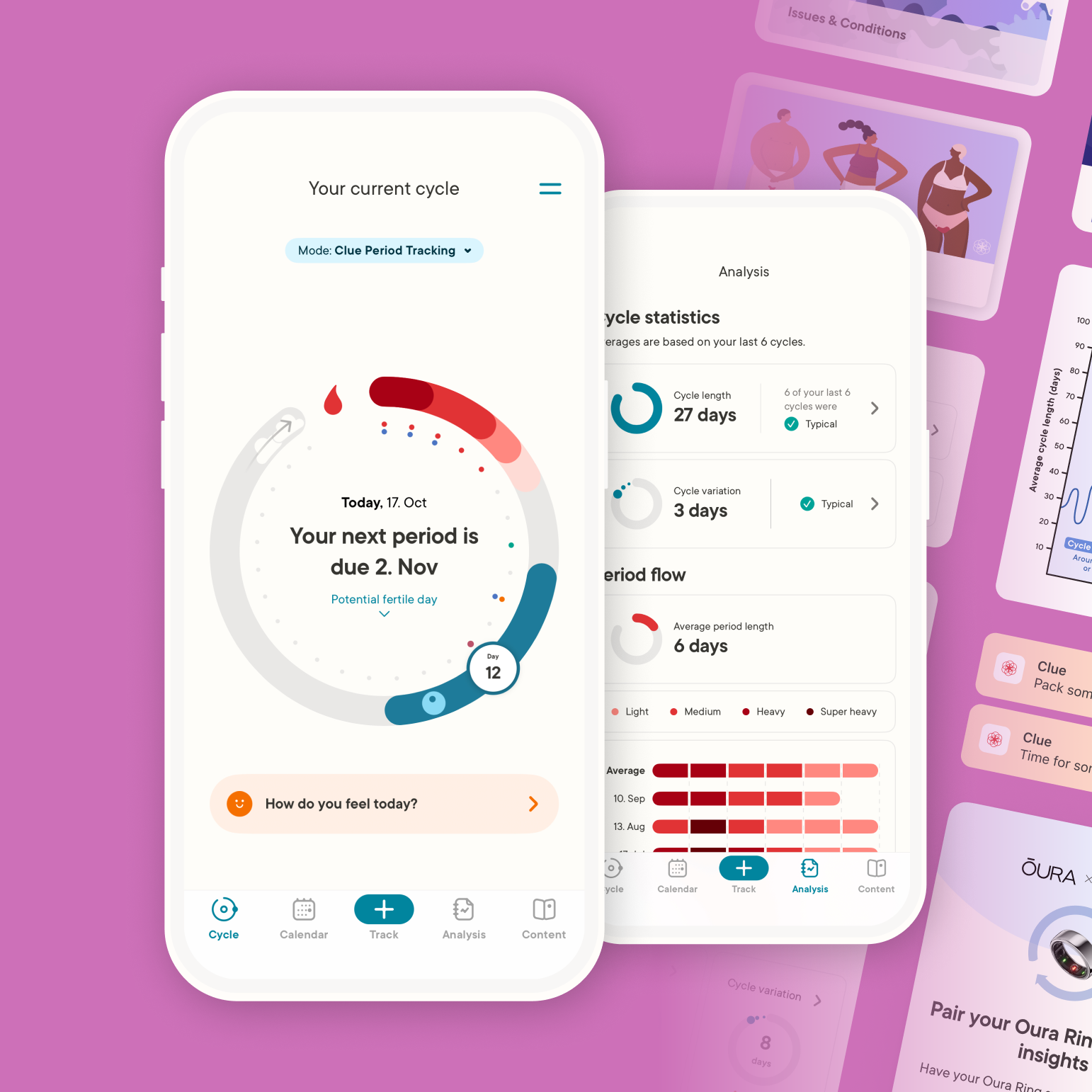For some, this question may bring up a deeply rooted memory of shame linked to an adult finding a blush-inducing google search. For others, this question may evoke a giggle pulled from a memory of friends speaking about the "birds and the bees" on the playground.
When I think of my own answer, I am brought back to my childhood when my parents explained intercourse as a way to have a child. When I realized they biologically had my sister and myself, with a furrowed brow I sat my parents down and exclaimed "you did that TWICE?"
We all have this story inside of us, and from our initial memory through the entirety of our lives, our idea and understanding of sex evolve. As social beings, we are shaped by the society around us. We absorb messages and attitudes about sex from our friends, family, and media, which in turn form our understandings of ourselves and our own possibilities when it comes to sex. So often we forget to take a step back and question if the messages we have internalized about sex stand true to the way we want sex to function in our own lives.
When we lean into having these conversations with ourselves and others, we open up space to develop alternative possibilities that we did not know could be. That said, knowing where to start this sexual exploration can be tricky. Below you can find a non-exhaustive list of starter questions to ask yourself and any partner:
1. How do I experience pleasure? How do I want to experience pleasure together?
2. How do you experience pleasure? How do you want to experience pleasure together?
Say it with me: I deserve pleasure. Pleasure is not selfish, it does not have to be earned, and it does not need to be limited. The most important person we will ever have a relationship with is ourselves, and once we learn how to articulate our own experiences of pleasure, we can confidently have that conversation with others.
1. What does "having sex" mean to me? What does it look like for me?
2. What does "having sex" mean to you? What does it look like for you?
Although we are taught that penetration is the main course in the meal of sex, penetration is only one of many ways to be sexual with another person. That said, some people may like to have a small serving on the side, or keep it off the menu entirely. The idea that sex must include vaginal penetration of a penis into a vagina is deeply steeped in heteronormative and patriarchal ideas of relations and pleasure. Your own definition of sex includes whatever brings you closer to feeling in alignment with your own pleasure. This personal definition is always in motion and may shift throughout your life. What is important, though, is that it is always yours and yours alone to define.
1. What do I like to call my / How do I like to refer to my (body part)?
2. What do you like to call your / How do you like to refer to your (body part)?
There is a multitude of reasons that people may prefer to refer to body parts in different ways. For some members of the transgender and non-binary communities, using anatomical language to refer to the self may bring about feelings of [gender dysphoria](https://www.talkspace.com/blog/body-dysphoria-vs-dysmorphia/). For cisgender individuals, certain language may bring about feelings of discomfort, shame, or traumatic encounters with a term. No matter a person's gender identity, we all have the inalienable right to language that makes us feel secure and seen. The language we use is key to building a safe space for ourselves to explore. That said, whether you are speaking to yourself in the mirror, journaling, or simply keeping the thoughts in your head, feel free to play around with different terminology to speak about your body.
1. Do I prefer to keep (article of clothing) on?
2. Do you prefer to keep (article of clothing) on?
From your socks to your shirt, every person has different boundaries when it comes to places they like to be exposed. Similar to what was previously discussed in relation to naming parts of our body, people may have complicated relationships in terms of areas of the body that they want to be seen and/or touched. Acknowledging your own boundaries and understanding your partner's boundaries is critical to developing a trusting and respectful foundation.
From our first understandings of sex throughout the entirety of our lives, we form attitudes and beliefs about what sex is and should be. That said, it is critical that we continue to question what sex could be. What could happen if we approached sex as an act of creation based in our own pleasure and a respect and interest in our partner's pleasure? Consider this list of questions as just a start, and feel free to add more questions as you go.













